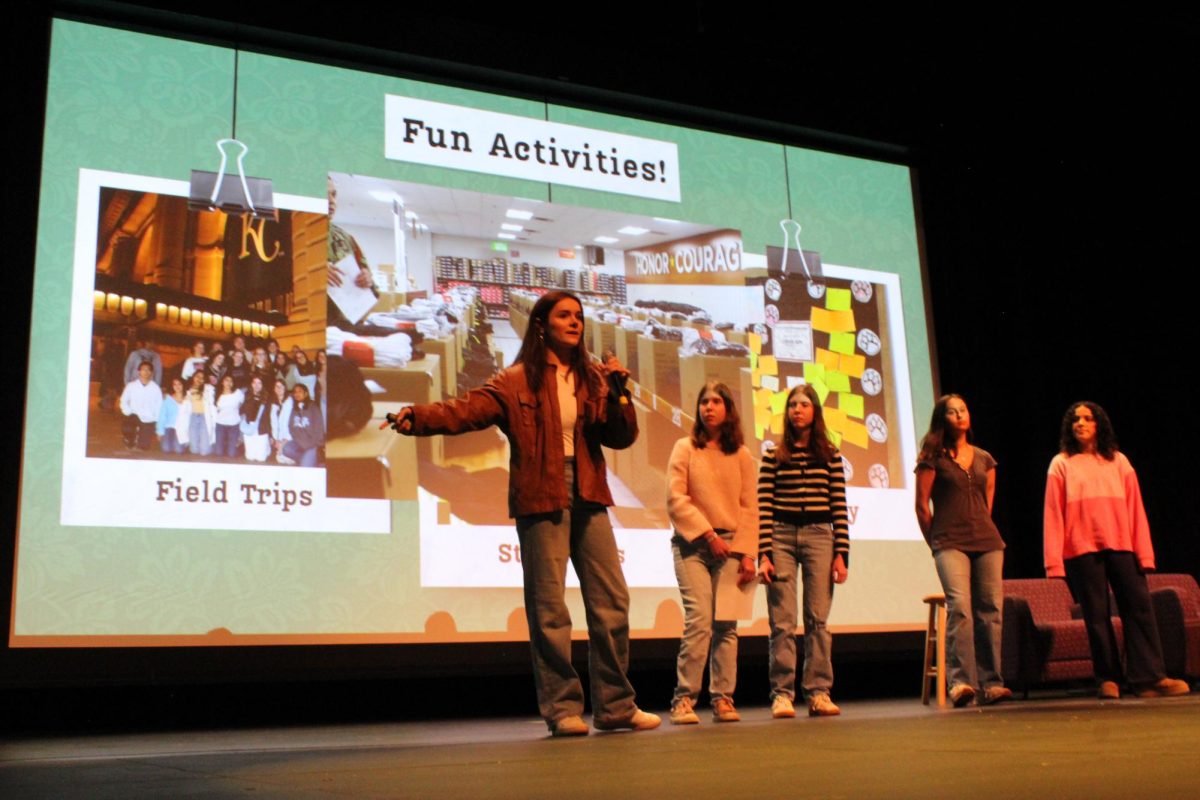
How the process works:
Before the actual auditions begin, students in choir, band and orchestra are pre-screened by their directors. Auditions are open to sophomores, juniors and seniors. The students also receive different pieces that they must have prepared before the actual auditions. For band and orchestra, the majority of participants receive a set of scales — all of the 12 major and melodic minor scales — two etudes and sight readings. Choir students must present tonal exercises, as well as a couple of prepared pieces along with some sight readings. All three sections of IMEA share in the sight reading component.
The sight reading component takes place during the audition when participants are given a small passage they have never seen before. They are given 30 seconds to look over the passage and then must play it to the best of their ability. This tests how well the students can play a piece that they weren’t given the opportunity to prepare.
Choir, band, and orchestra all meet in different places at different times for their auditions. For example, this year the senior chorus auditions were hosted here, at Libertyville High School, on Oct. 5; senior orchestra auditions were hosted on Oct. 6 at Wheeling High School; and senior band auditions took place at Stevenson on Oct. 7.
What is IMEA?
IMEA is one of the largest of the 52 affiliates of the National Association for Music Education (NAfME). NAfME advocates for arts education programs on a local, state and national level and works to educate more people about different forms of music.
According to the IMEA official website, “the mission of [IMEA] is to promote lifelong music learning and to provide leadership for music education.”
This organization is nonprofit and contains more than 5,000 members statewide. The state is broken up into nine districts; LHS falls into District 7. Each school is allowed to have a certain number of students try out for each of the four main sections: choir, orchestra, concert band and jazz band.
“Usually, the band has a set number that it’s allowed to send. So they send 16. The orchestra just depends. I usually send five to 10, somewhere in that realm or similar amounts,” shared Orchestra Director Mr. Jeremy Marino. “They also have a limit, you can only send a couple people per part. Something in between 25 to 35 people.”
By making IMEA, students also have the chance to qualify for All-State. It’s a rule that freshmen and sophomores can’t audition for All-State, but any juniors or seniors that make it to the IMEA festivals have a chance. Depending on each district every year, the IMEA board members decide how many people to take from each district. They typically take the people who had the highest scores for the IMEA regional audition or who were sitting in the highest chairs at the festivals. Each district has individual festivals and Mr. Marino describes the day of the Festival as taking “during one of the first three weekends of November students go and show up at 8:00 a.m. and they rehearse all day with people that they never met before and they rehearse with a guest conductor and then, usually about three o’clock, there is a performance and the band and the choir and the orchestra will perform.”
Sarah Broughton
Instrument: Flute
Section: Wind Ensemble
Grade: Senior
What IMEA means to her: “It is a great honor to be part of IMEA, and I am proud to be representing my school in a musical manner.” Broughton adds to this that she feels “music is part of my soul.”
Musical Background: Broughton has been playing the flute since fourth grade when she joined band at Butterfield Elementary School. Her main reason for joining was that her siblings had done it before her and she was interested in following in their footsteps. She still enjoys band because every song can be interpreted in different ways, which she said never stops being intriguing.
Jeff Lee
Instrument: Clarinet
Section: Wind Ensemble
Grade: Senior
What IMEA means to him: “It means that the long years of dedication and practice have all culminated into something, it’s like a visible and tangible reward for all the hard work that you put in.”
Musical Background: Lee began playing the clarinet in fourth grade back in New Jersey. He originally joined band because he liked how it is a different way of working and learning since it focuses on different things like artistic ability and technicality of notes.
Hannah Manetsch
Instrument: Violin
Section: Chamber Orchestra
Grade: Senior
What IMEA means to her: “It is a huge honor. I auditioned my sophomore year and didn’t make it; it’s really hard to make it, so I’m excited to be able to have a new experience in a different orchestra setting.”
Musical Background: Manetsch first started playing the violin in third grade. She has been a part of orchestra for eight of the nine years that she has played. She said she still loves playing the violin because each piece creates a special adventure and even old pieces change and teach you new things every time you play them.
Adam Pozdro
Vocal: Tenor
Section: Choir
Grade: Senior
What IMEA means to him: “IMEA to me is a recognition of my talents as a singer and is a great honor. Being able to sing with 250 of the most talented singers in our district is a truly humbling and invigorating experience!”
Musical Background: While Pozdro has always sung, his first serious experience in singing came when he was required to take a vocal music class at Oak Grove for the eighth grade play.
Festivals for IMEA:
Festivals for IMEA: Performances for IMEA take place next year from Jan. 27-30. However, District 7’s Elementary Festival and Senior Festival took place on Nov. 7 and the Junior Festival took place on Nov. 14. The final District 7 event takes place on Nov. 21 at Niles West High School.



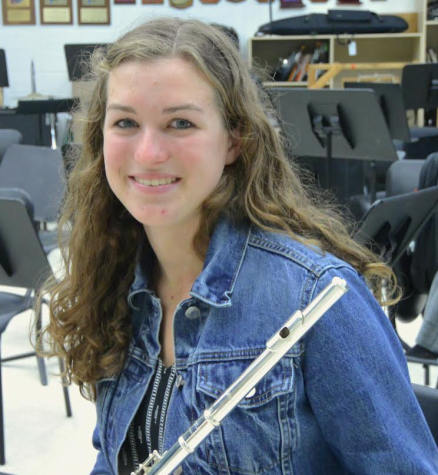
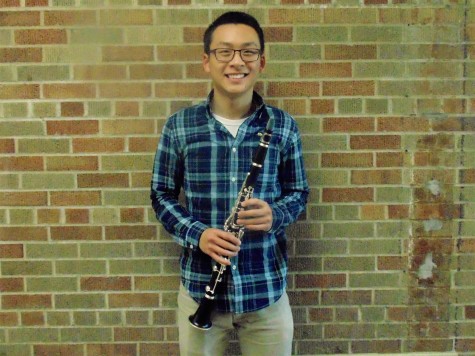
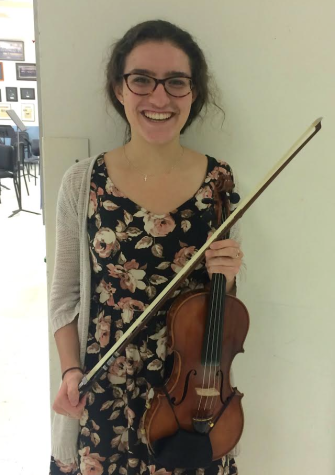

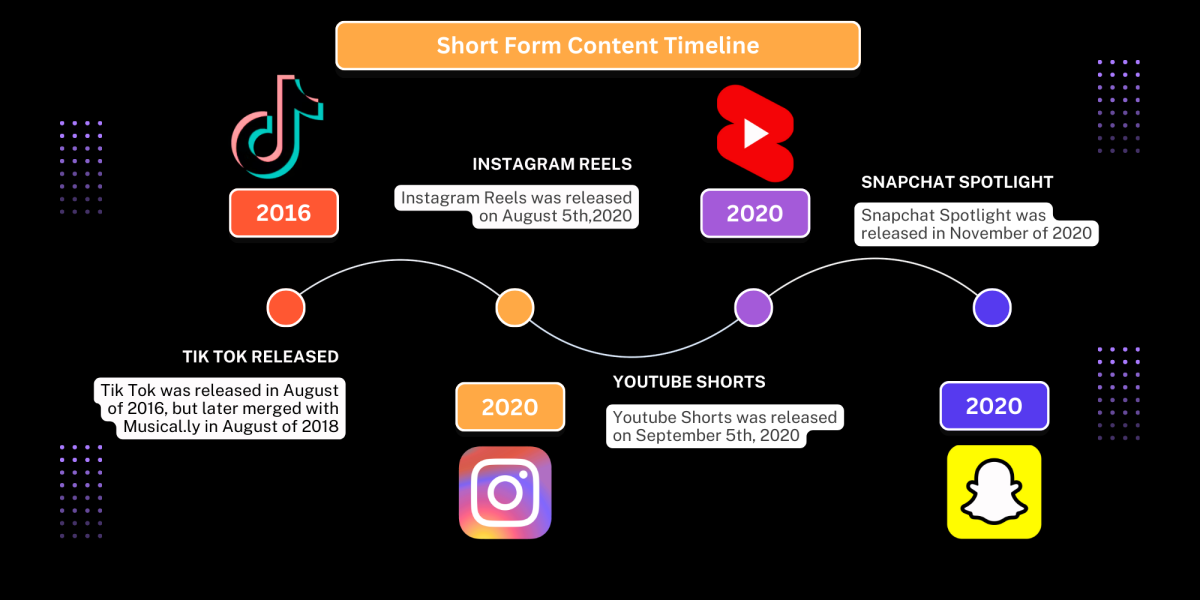
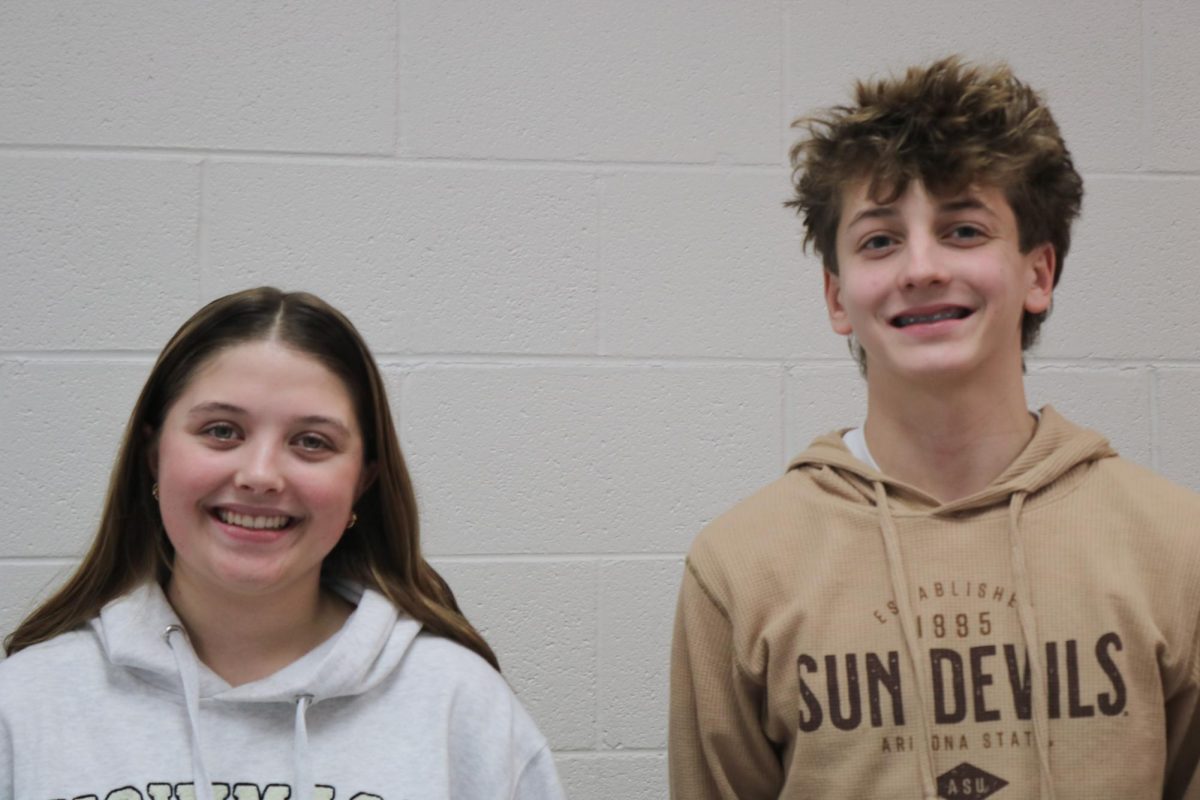
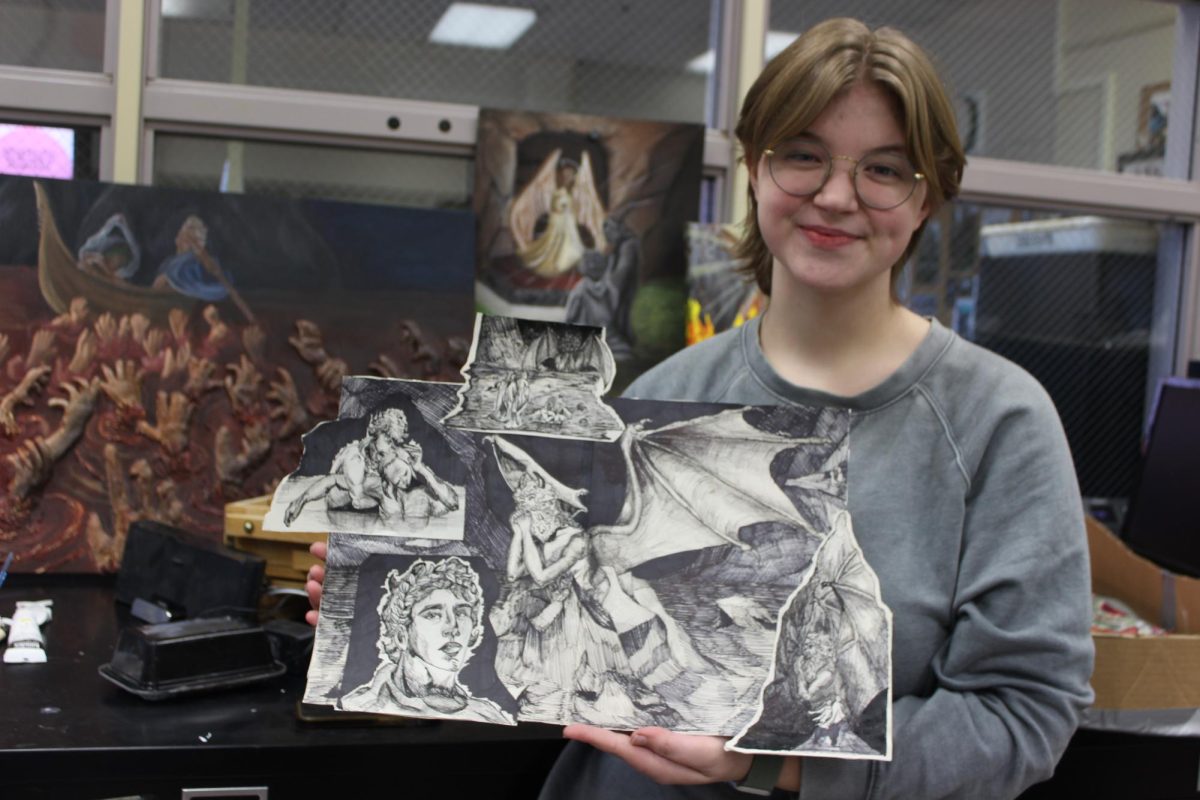

![Senior River Thompson joins the Jazz Ensemble by singing “That Old Black Magic” by Mercer and Arlen Arr. Mark Taylor, along with senior Annie Brody on guitar and junior Thomas Teixeira on bass, earning big applause. “[The concert had] great energy because it's the last [jazz concert] of the year,” Brody said.](https://www.lhsdoi.com/wp-content/uploads/2025/04/Eight-That-Old-Black-Magic-1200x800.jpg)
![Mr. Abullh Ali, manager/assistant, helps open Queen Yemeni Coffee in downtown Libertyville at 606 North Milwaukee Ave. With the help of employees such as manager and LHS senior Yousef Taha, they are able to bring the Yemeni and Ethiopian culture to Libertyville by using their Queen spices, cinnamon and cardamom in their drinks such as Adani Chai, which is inspired by Sheda, the Queen of Yemen and Ethiopia. “The history of our coffee [is] a long history and we believe that Yemen and Ethiopia started the coffee and we are bringing something unique to the community,” Mr. Ali said.](https://www.lhsdoi.com/wp-content/uploads/2025/04/Photo-1-1200x800.jpg)

